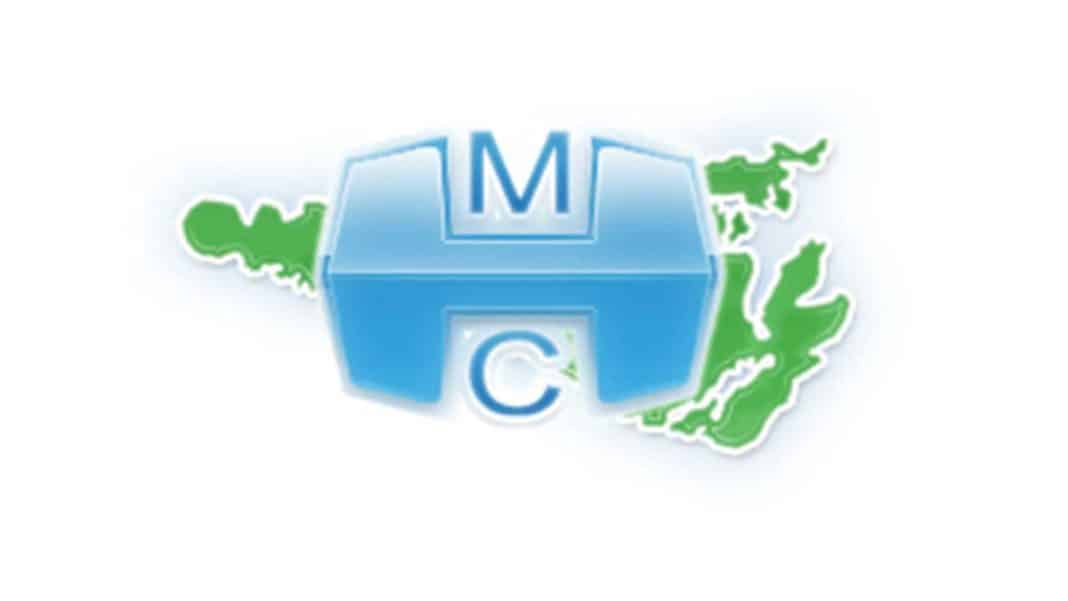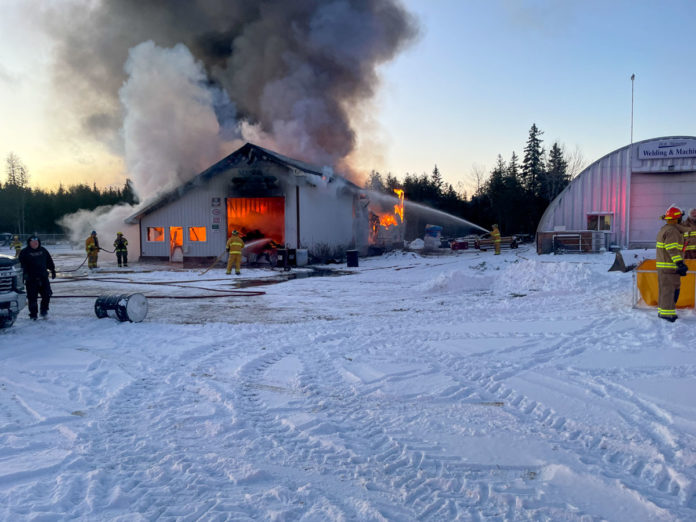MANITOULIN—Manitoulin Health Centre (MHC) continues to revise its surge plan to address the increase in emergency department visits from people with respiratory illnesses, including COVID-19 and RSV (respiratory syncytial virus), a virus that typically affects children.
“The census at both Island sites has been high and MHC is preparing to go over capacity to support the transfer of patients from other hospitals such as Health Sciences North (HSN) to ensure that there is room to care for our patients who may require specialized services at tertiary care centres such as HSN,” said Paula Fields, president and chief executive officer of the MHC, last Friday.
Ms. Fields was speaking of a cooperative model where regional hospitals can provide care for patients from the larger facilities, such as Sudbury’s, that do not require specialized care, thus making room in the larger health centres’ for patients from communities like Manitoulin Island, which does require specialized care at centres like HSN.
“The inpatient census fluctuates on a daily basis. However, we are often finding ourselves close to or at full capacity at either or both Island sites,” said Ms. Fields. “We have seen an increased number of patients presenting to the emergency departments with complaints of respiratory symptoms from our usual volumes at this time of year.”
Ms. Fields explained, “we continue to accept patients from HSN on a weekly and sometimes daily basis. This is not an unusual practice for us; at times we accept patients from other facilities if they are from our local communities. However, the pressures on the system are predicted to grow beyond the current state and we are expected to accept increased volumes of patients, some being from across the Northeast Region.”
Ms. Fields said that Ontario Health has provided directives to hospitals, including MHC. Those most relevant to MHC include: immediately operationalize surge plans; accept all transfers directed by the Incident Management Systems in the region or regional table in a timely fashion, ideally within 24 hours; enhance emphasis on appropriate discharge planning to support capacity; ensure that tertiary care repatriation/inter-facility transfers are accepted and implemented within 24 to 48 hours.
This is inclusive of adults, children and youth. Hospitals are also to work with local EMS partners to reduce ambulance offload time, enabling first responders to return to the field without delay and collaborate with community partners to support patients to return home, reducing length of stay where safe to do so.
Recent provincial data outlines patient numbers are about double the seasonal average, with visits up, when compared to pre-COVID-19 volumes, with people reporting cold-like systems.
The provincial data is showing the number of children going to the emergency room is double the seasonal average. The last time it was this high was in February 2020, just before the first pandemic lockdown.
Ontario Health, in a release to health system partners dated November 1, 2022, states, “in August 2022, the Ontario government announced the Plan to Stay Open: Health System Stability and Recovery. This comprehensive five-point plan outlined a number of strategies and provided additional funding to support health system capacity in preparation for the anticipated fall/winter surge.
While we are already seeing some early gains, particularly resulting from the outstanding efforts of our colleagues in home and community care support services and long-term care, the pressures on our system remain and are expected to grow beyond what was originally anticipated.”
“This is due to a combination of a resurgence of the usual circulating respiratory viruses, a more challenging RSV season, COVID-19 numbers that, while not surging, remain relatively high, and the early arrival of the flu season. We are already seeing these impacts across the system, particularly in our child and youth community.”
“We are expecting high volume pressures across our health system, now and through the winter, which will be further challenged by ongoing health human resource shortages,” the Ontario Health release says.
Ms. Fields added, “please remind all who come to us in need to be patient and kind to our employees and professional staff, they are working hard, under challenging conditions, to continue to provide safe, quality care that we are all well known for.”





